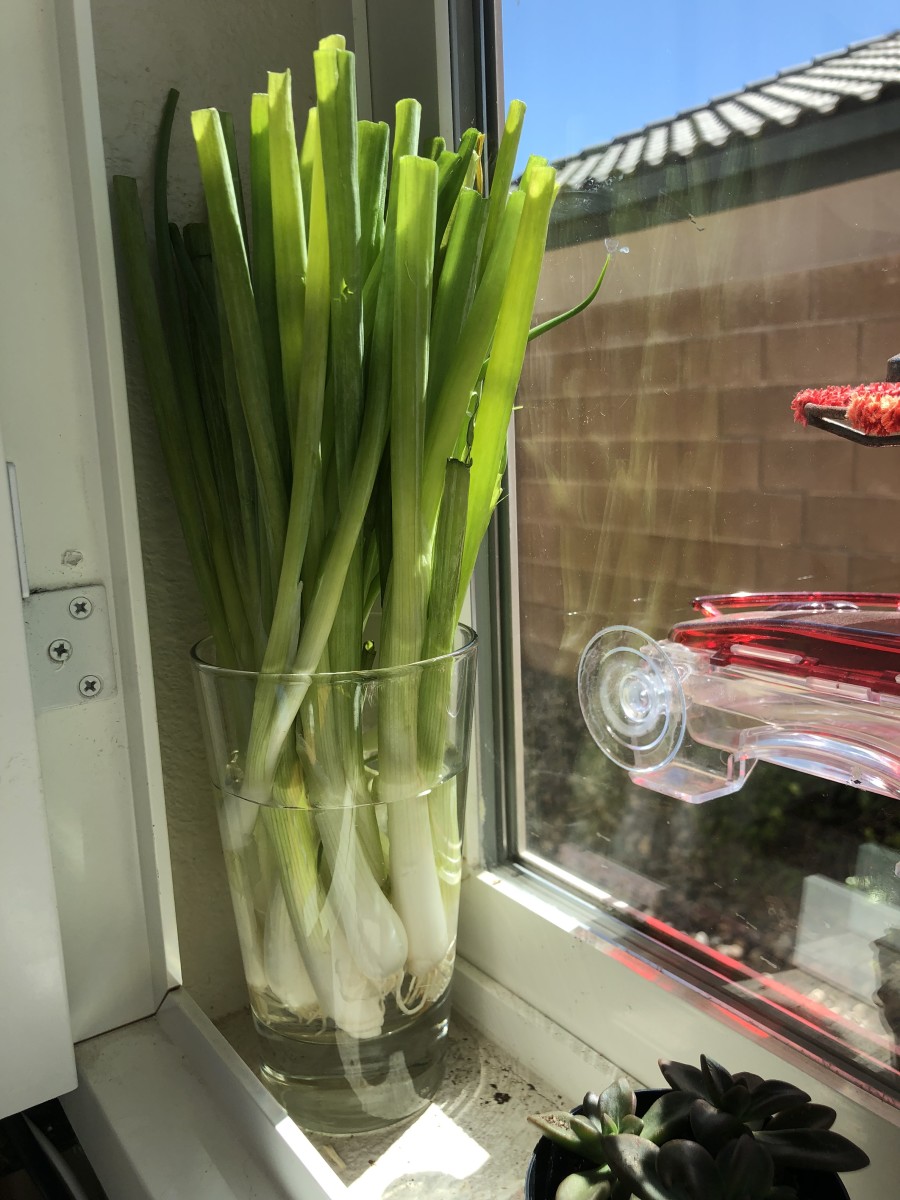The Hidden Costs of Bulk Buying
Why We Buy in Bulk
For individuals, owning a large quantity of something reduces the risk of running out, while buying in bulk results in fewer trips to the store. For businesses, owning a large inventory of parts consumed by your assembly line provides insurance against supply chain interruptions leaving your production line idle.
Buying in bulk thus offers security. Owning a large volume of an item provides emotional peace of mind; a pantry full of food settles the owner's "security gland" and fear of not being able to feed the family. Buying a large volume of a product at a low price can amplify the pleasure of buying just a few at the same low price. Buying ten pounds at a low per pound price simply feels like a bigger victory than buying five pounds.

The Benefits of Buying in Bulk
Buying in bulk tends to reduce the cost of each individual item in the lot. The seller doesn't have to shelve and monitor individual parts when large lots are bought. Yet there are hidden costs to industrial bulk buying that are ignored by financial staff and frugal folks who look only at the per item price.
What are the hidden costs of buying in bulk?
The Hidden Costs of Bulk Buying
Storage Costs
Storage costs are first and foremost the cost of holding the larger inventory stock. When buying in bulk is a standard practice, companies can find space a major constraint, limiting expansion or forcing them to move employees or manufacturing operations to other buildings. For private individuals, storage costs range from storing items in the garage and moving lesser used items to a rental unit or new shed to installing more shelving. When someone stocks up on meat, the initial savings of a low purchase cost are offset by the electricity used to keep it cold.
Security Costs
Inventory can be stolen by insiders or outsiders, humans or animals. But regardless of who does the damage, security costs are directly proportional to the size of the area to be secured. For individuals buying in bulk, increased pest control needs and putting locks on cabinets to prevent theft may be necessary.
Lost Labor
Larger warehouses can take more time to search but always take more time to travel. Additional time spent rummaging through an over-flowing pantry or garage are the personal equivalent. Driving extra distance to buy in bulk is another example of lost labor and time.
Shipping
Shipping a single part cross-country may cost more per part than sending a lot, but the price of shipping one part is still less than shipping a whole pallet. Buying a larger SUV or renting a truck to buy a bulk lot offsets the cost savings.
Inventory Costs
Once inventory is purchased, the money is locked into that product. If money becomes tight, inventory may become a loss when sold at a discount to raise money or "factored" and used as collateral on a loan with interest to raise funds. Verifying inventory and ensuring turnover before the product expires consumes labor. At tax time, the discounted bulk buys can add on to the property tax or inventory tax bill. For private individuals, one of the least appreciated inventory costs is when the product goes bad. Buying food in bulk is cheaper per serving, but these savings are lost when the food expires or is no longer edible.





